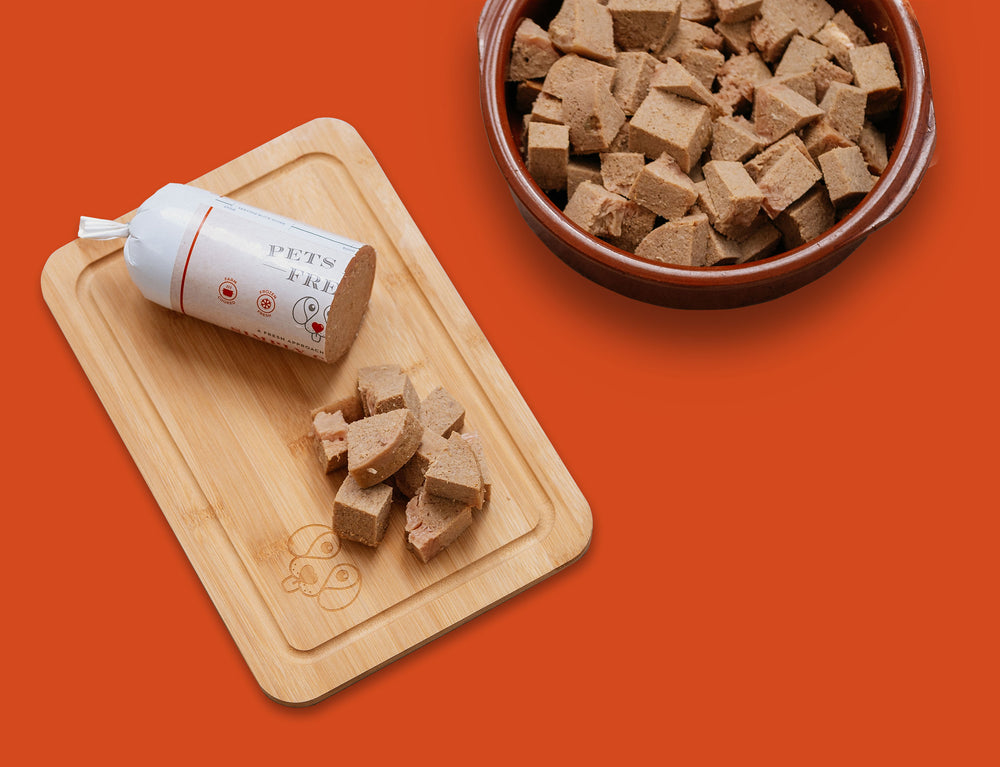What are the main causes for poor gut health in my dog?
The Main Causes of Poor Gut Health in Dogs
The main causes of poor gut health in dogs include dietary issues (such as a low-quality diet or a diet lacking in nutrients), feeding inappropriate human food or abrupt diet changes. A diet lacking in quality nutrients can contribute to poor gut health. Antibiotic use, while essential for treating infections, can also affect the balance of beneficial bacteria in the gut. Stress and anxiety can impact gut health. Changes in environment, routine, or the presence of new pets or people may contribute to stress and this can have a big effect on the GI system.
Presence of parasites and infections can cause gastrointestinal issues and affect gut health. Another key reason for poor gut health can be food allergies or sensitivities. Some dogs may have allergies or sensitivities to certain ingredients in their food, leading to gastrointestinal issues. The most common canine food allergies include chicken, beef, dairy and soya.
More serious conditions like inflammatory bowel disease (IBD) or pancreatitis, may be the cause of poor gut health.
To promote and maintain good gut health in your dog, consider the following:
- Feed a high-quality, well-balanced diet.
- Avoid sudden changes in diet and transition between foods gradually.
- Provide access to clean water at all times.
- Manage stress and maintain a consistent routine.
- Administer medications, including antibiotics, under veterinary guidance and consider using probiotics during a course of antibiotics.
- Keep your dog's environment clean to minimize exposure to parasites and keep them up to date with their wormer.
- Monitor for signs of food allergies or sensitivities.
If you notice persistent digestive issues or changes in your dog's behavior or appetite, it's essential to consult with a veterinarian. They can help identify the underlying cause and recommend an appropriate treatment plan to restore and maintain gut health.

